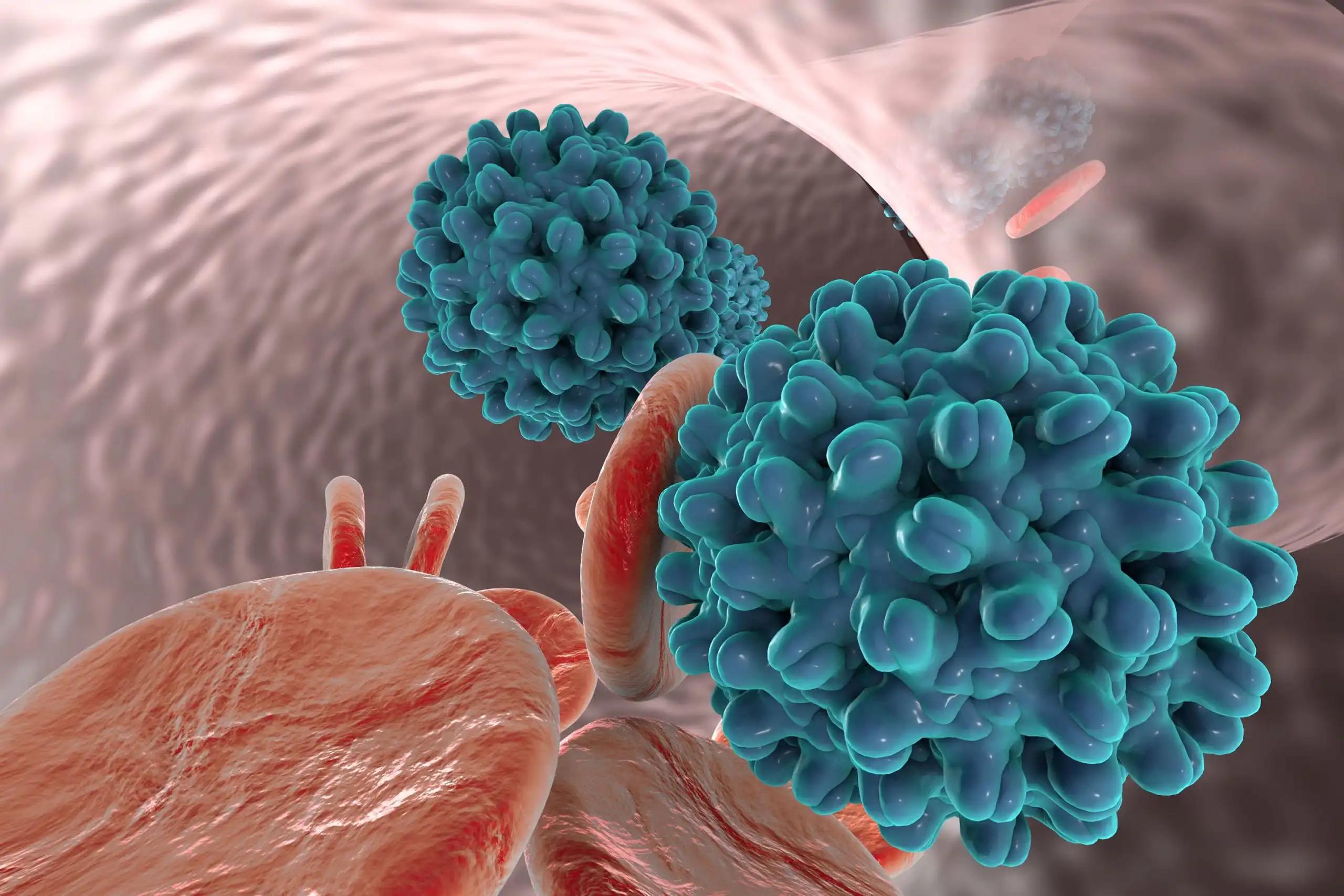KEY TAKEAWAYS
- The Tapestry study aimed to investigate the efficacy of germline genetic screening via exome sequencing in identifying carriers of pts with HBOC and LS.
- The study warranted broader germline genetic sequencing to detect HBOC & LS better.
The autosomal dominant cancer predisposition disorders like hereditary breast and ovarian cancer (HBOC) with lynch syndrome (LS) are genetic conditions for which early prognosis and implications may have a positive impact on the individual and public health scenario.
N Jewel Samadder and the team aimed to identify whether germline genetic screening using exome sequencing could efficiently identify carriers of patients (pts) with HBOC & LS.
About 3 different geographically and racially diverse sites served as sampling sites for pts in the United States (Rochester, MN; Phoenix, AZ; Jacksonville, FL). Enrolled pts underwent Exome+ sequencing (Helix Inc, San Mateo, CA) and returned results for specific genetic findings: HBOC (BRCA1 and BRCA1) with LS (MLH1, MSH2, MSH6, PMS2, and EPCAM). Demographics and personal and family cancer history were obtained through a chart review.
Researchers enrolled 44,306 pts in the study. Annotation and interpretation of all variants in genes for HBOC with LS identified 550 carriers, with a prevalence of 1.24%.
This included 387 pts with HBOC (27.2% carrying BRCA1 and 42.8% carrying BRCA2) and 163 pts with LS (12.3% with MSH6, 8.8% with PMS2, 4.5% with MLH1, 3.8% with MSH2, and 0.2% with EPCAM). More than 1/2 of these pts (52.1%) were newly diagnosed carriers of HBOC and LS.
In total, 39.2% of HBOC/LS carriers did not satisfy the National Comprehensive Cancer Network (NCCN) criteria for genetic evaluation. The NCCN criteria were less commonly met among underrepresented minority populations vs. those self-reported as white (51.5% vs. 37.5%, P = .028).
The study emphasized the need for wider use of germline genetic sequencing to enhance screening and detection of individuals with HBOC and LS predisposition syndromes.
The trial was sponsored by the Mayo Clinic.
Source: https://pubmed.ncbi.nlm.nih.gov/39013133/
Clinical Trial: https://clinicaltrials.gov/study/NCT05212428
Samadder NJ, Gay E, Lindpere V, et al. (2024). “Exome Sequencing Identifies Carriers of the Autosomal Dominant Cancer Predisposition Disorders Beyond Current Practice Guideline Recommendations.” JCO Precis Oncol. 2024 Jul;8:e2400106. doi: 10.1200/PO.24.00106. PMID: 39013133.



